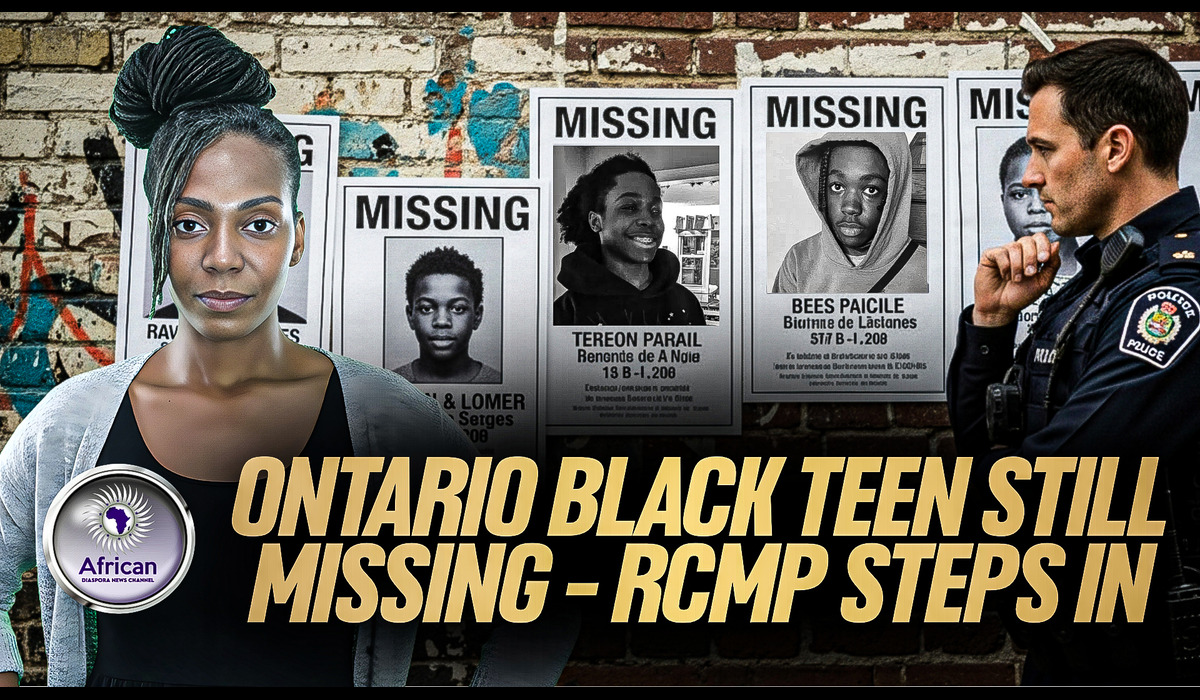Emancipation Day: A National Reflection on History, Freedom, and the Road Ahead
- Kingston Bailey
- Canada
- August 1, 2025

Image Credit: Redleaf_Lodi
Today marks Emancipation Day in Canada — the anniversary of the Slavery Abolition Act coming into effect across the British Empire on August 1, 1834. The legislation ended the legal ownership of human beings and marked the beginning of emancipation for hundreds of thousands of enslaved Africans and their descendants. Many fled to the north via the Underground Railroad, seeking freedom on Canadian soil.
But Canada’s role in the slave trade — and the generational impacts of slavery — remain topics often brushed aside or sanitized in official narratives.
In a brief statement released from Ottawa, Prime Minister Mark Carney acknowledged the day’s historical weight, stating that the enslavement of African people was a “despicable injustice” and that its impacts “reverberate across generations.” He added, “We honour Black communities in Canada and across the world,” and called for a commitment to building a future rooted in “dignity and humanity for all.”
Yet for many in Canada’s Black communities, symbolic language is no longer enough. Emancipation Day is not just a ceremonial date on the calendar — it is a painful reminder of a legacy that still shapes economic inequality, racial profiling, and systemic underrepresentation in healthcare, education, and justice systems.
While the federal government acknowledges that slavery existed on Canadian soil, public school curriculums often fail to meaningfully explore Canada’s active participation in enslavement and the centuries-long erasure of Black history in its institutions. Canada’s historical self-image as a haven for escaped slaves has long overshadowed its role as a country that once commodified Black lives.
This whitewashed national narrative continues to frustrate community leaders, historians, and activists who say that justice must include more than commemorative statements.
Across the country today, Black-led organizations are hosting events to remember, resist, and educate. These range from community panels and youth gatherings to art installations and memorial walks. The message is consistent: Emancipation didn’t end the struggle — it reshaped it.
While politicians make yearly gestures, many Canadians are asking what tangible steps have been taken. Where are the reparative policies? Where is the investment in historically Black communities? Where are the programs that move beyond optics and address the structural inequities rooted in this country’s past?
Calls for anti-Black racism strategies, equity audits, and restorative justice initiatives have grown louder, especially in recent years. Yet movement on these fronts has been sporadic, fragmented, and often buried under bureaucracy.
For those observing Emancipation Day with solemnity and pride, there is also weariness — a sense that Canada’s reckoning with its own history is far from complete. And while it’s politically convenient to offer warm words once a year, true honouring of Black resilience requires daily work, sustained commitment, and structural change.
This isn’t about rewriting history — it’s about facing it.
Not just remembering the end of slavery, but recognizing how its roots still run deep in modern Canada.
Emancipation Day is a reminder: freedom was never handed down — it was fought for. And in many ways, the fight continues.








